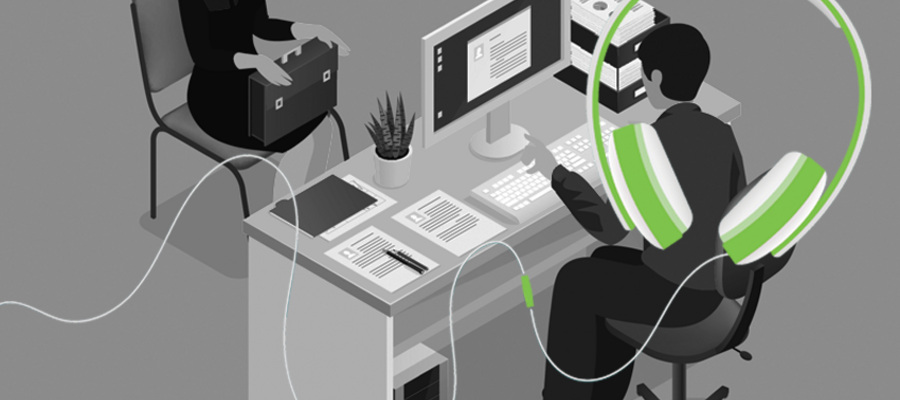become podcast
Applying for a new role can be a daunting process. Our podcasts are here to make the process as seamless as possible, by providing you with the information and tools you need to land your next dream role. Hosted by our experienced Australia, Hong Kong and UK teams, we aim to help you stand out and showcase your ability and experience.
Listen to our latest podcast - become a star with this killer interview technique
This podcast is hosted by David Valks and Ashley Dodd from the become Sydney Office, Australia.
Use this technique to frame your interview answers
This is a way to sort out your preparation
Situation-based questions can often be asked, so it’s good to be prepared
Gives you a bit of a framework to answer the question more effectively
Use this technique, not as a template but more as a guide
You don’t want to sound robotic
S.T.A.R. stands for:
Situation
Task
Action
Result
Situation: Part of the interviewing process is a bit like story-telling (truthful stories!), so you want to be as engaging as possible when explaining the situation.
Task: What were you asked to do? What was the objective? What did you need to achieve to get the desired result?
Action: What did you actually do?
Result: Talk about tangible results.
Remember to keep it engaging and succinct. Keep your answer relevant to the question.
It is really beneficial to practice with your friends using this technique, or write or speak it out. Muscle memory, it goes in a bit more and you will much more prepared for your interview!
Here are some examples to help you:
Question: Tell me about the time you had to resolve conflict?
Example 1 Answer
Let’s use the frame work for this question:
Situation: During the time I was working for (company), this was the size of the team, we had a tricky client with super high expectations. They made a complaint.
Task: I was involved in smoothing out the relationship.
Action: I conducted a phone call with the client, listened and worked through their concerns to come to a resolution.
Result: Due to inefficiency in the team, further training was provided. I took over the next 3 months to manage the account and our sales went up etc.
Example 2 Answer
Situation: We provided a weekly magazine, which had a strict timeline. The printer let us down and this threw everything out and we risked missing the deadline.
Task: I had to ensure the magazine was printed on time.
Action: I spoke to three new printers and negotiated new rates and managed to secure a better rate overall.
Result: We now have a back-up printer for future situations like this. I made sure this doesn’t happen again.
Using this format demonstrates good communication and leadership skills.
Go through the job description, see what they’re looking for and come up with an example of why you’re right for the role and why they should hire you.
Keep it engaging and get enough detail so you can really paint the picture.
This is a great resource to find more examples of situational based questions.
We hope this podcast has been useful and makes a difference for when you’re interviewing. Good luck! Check back to www.becomerecruitment.com/podcast to keep up to date with all the latest news and podcasts.

